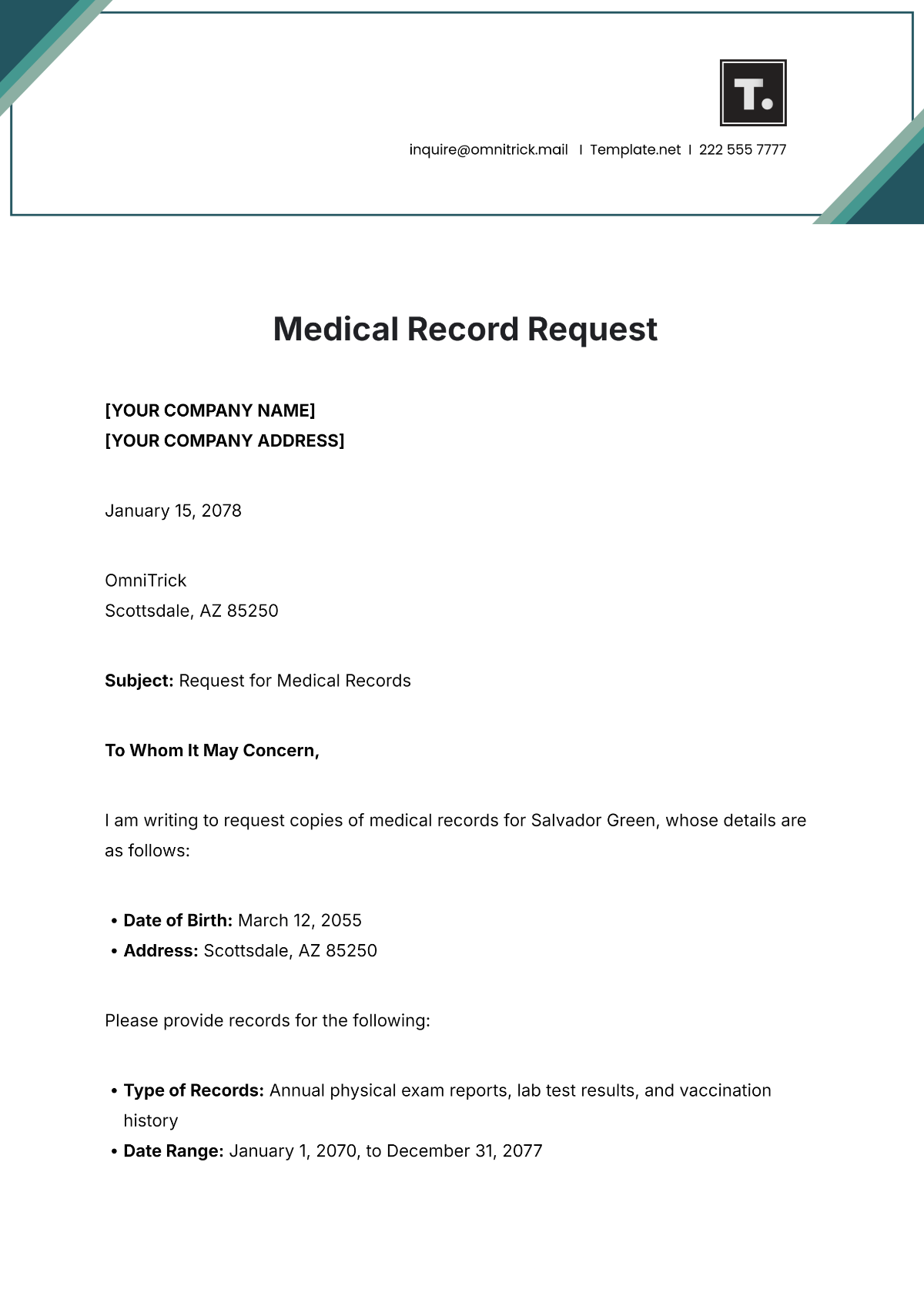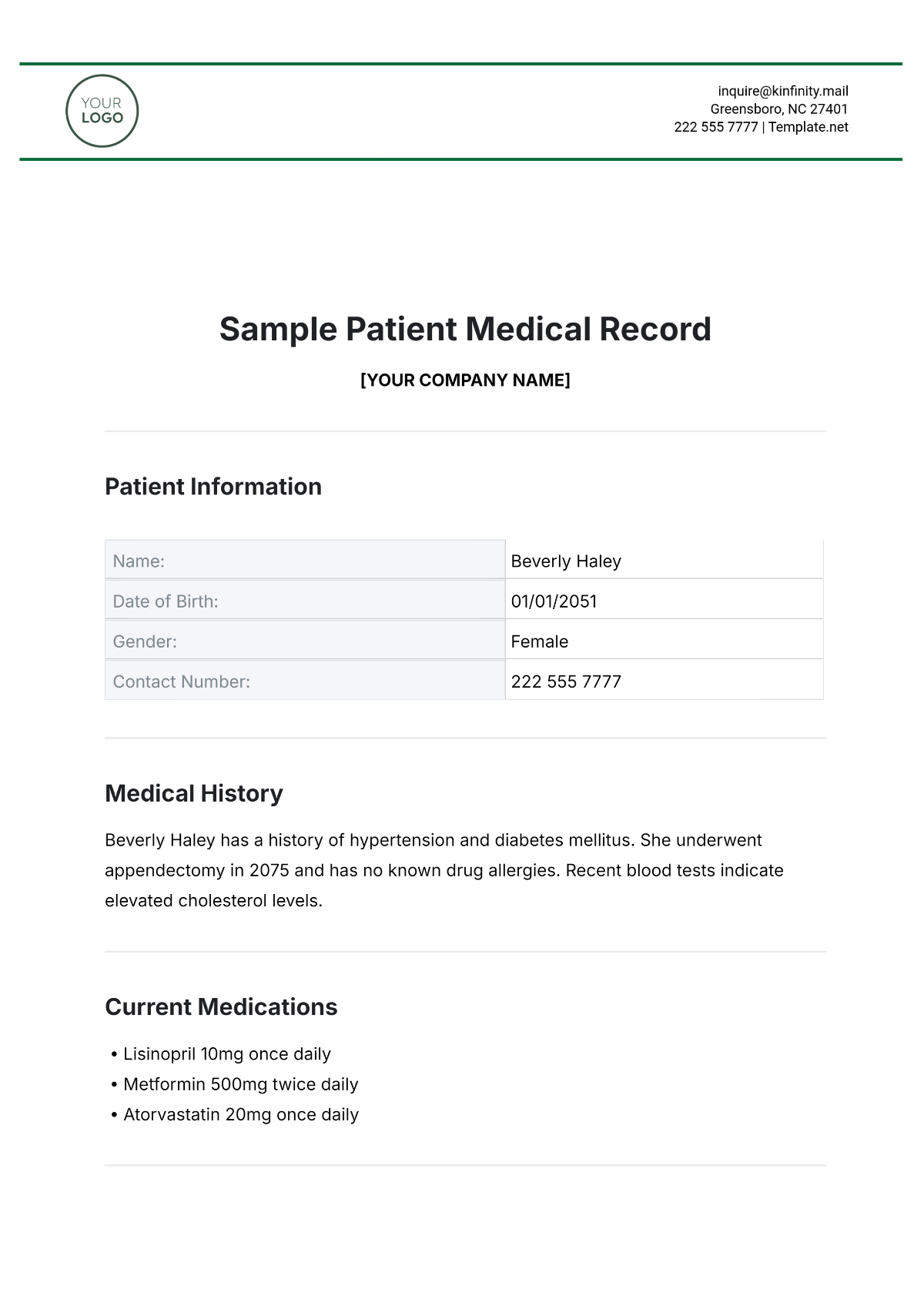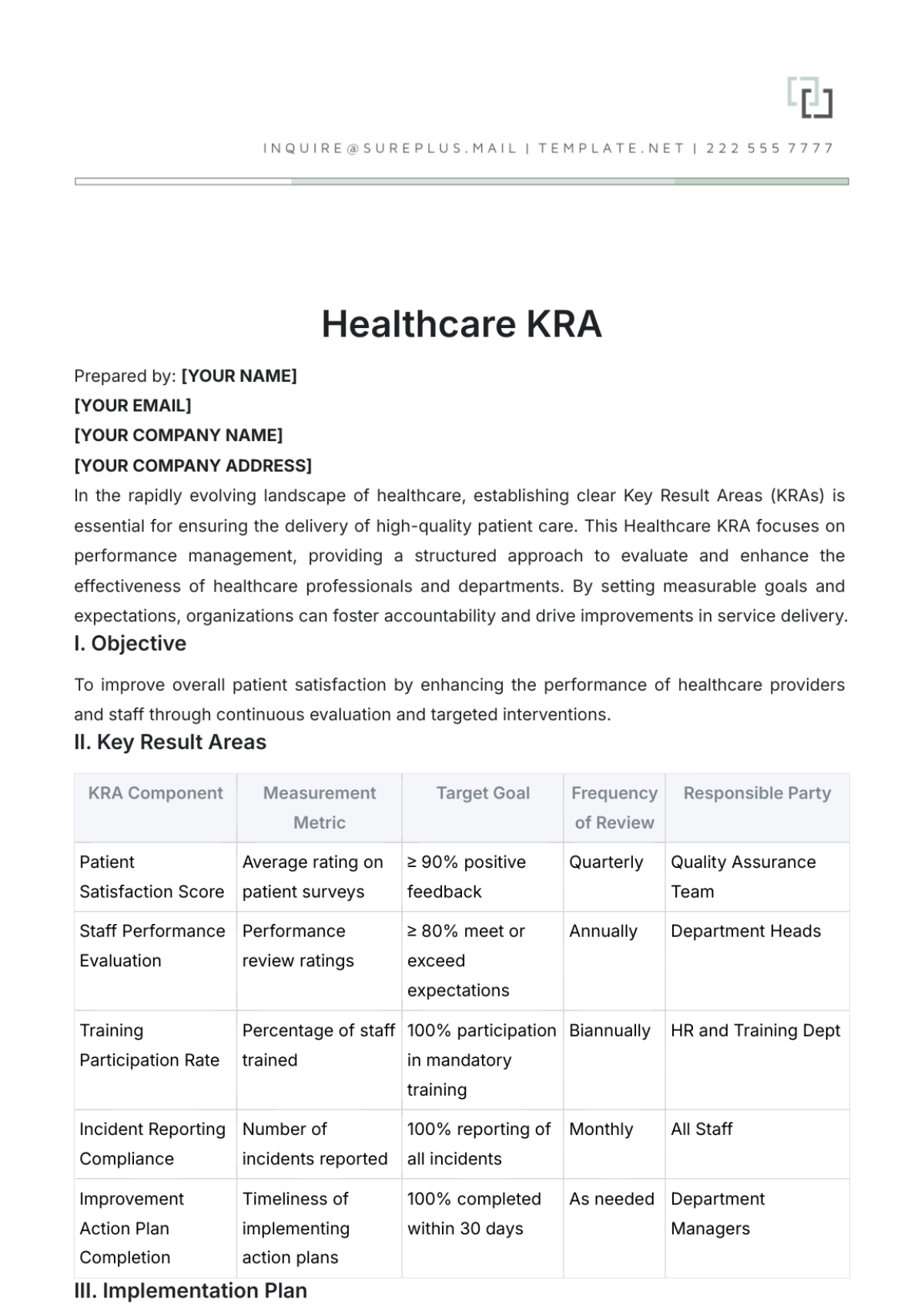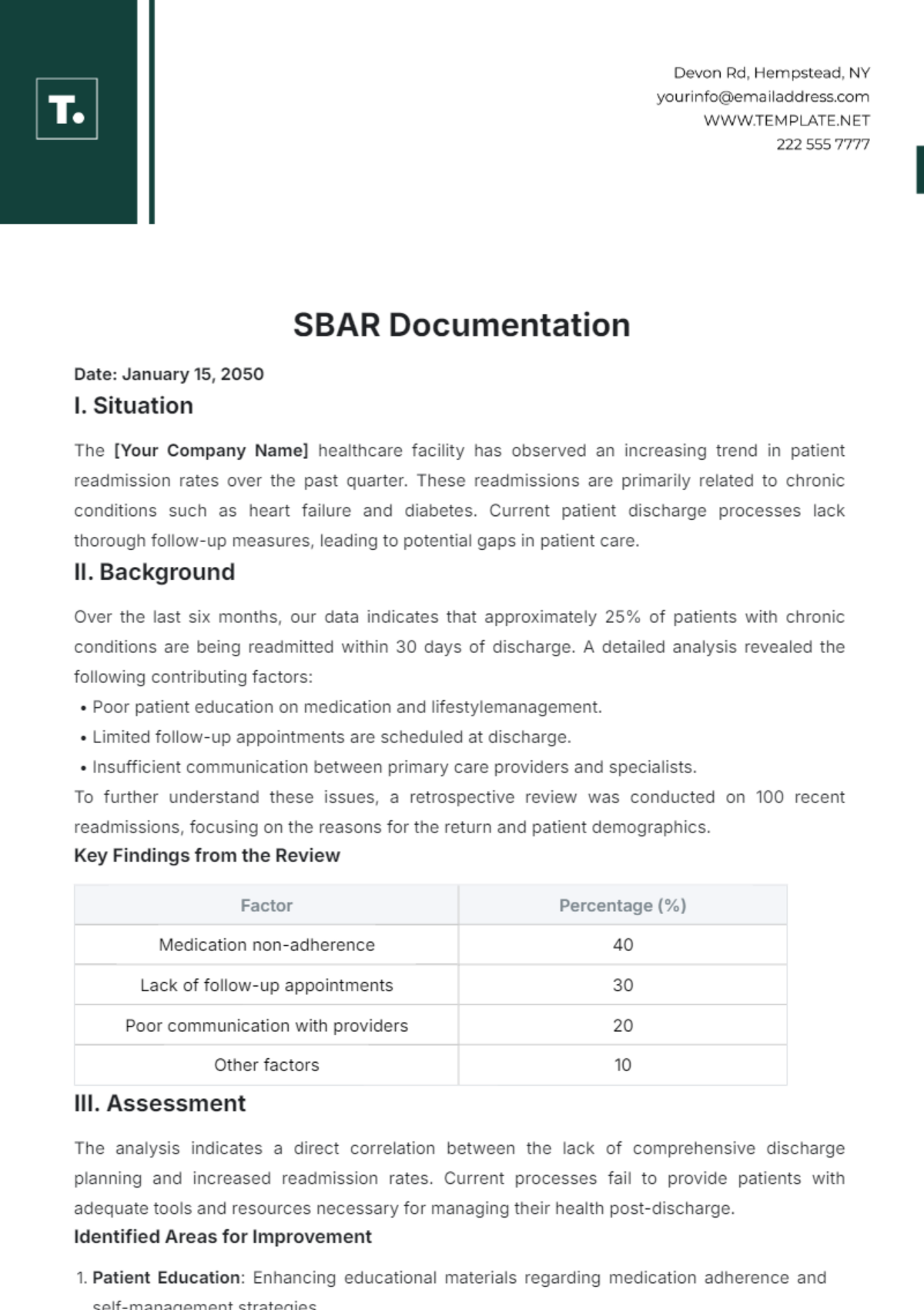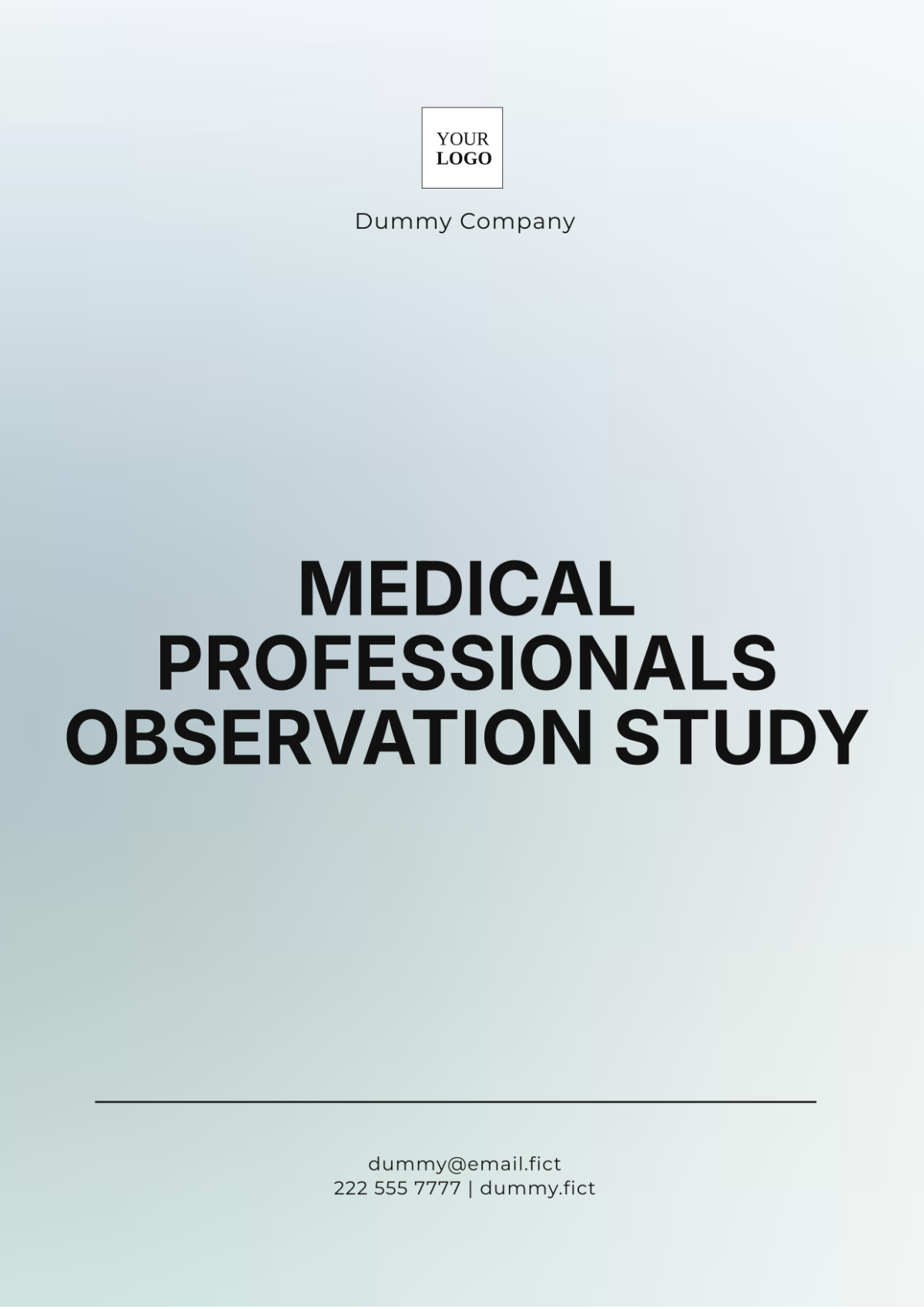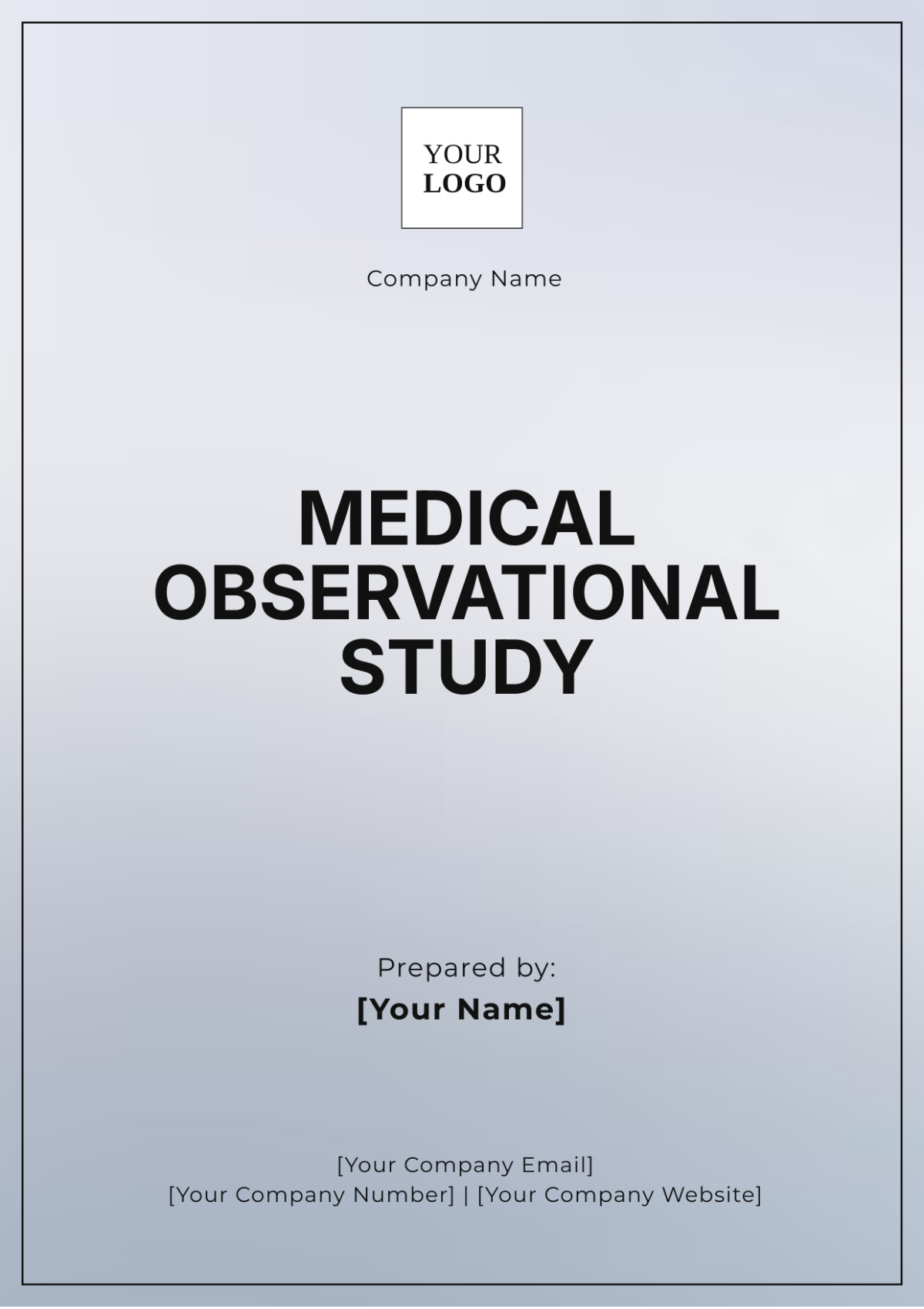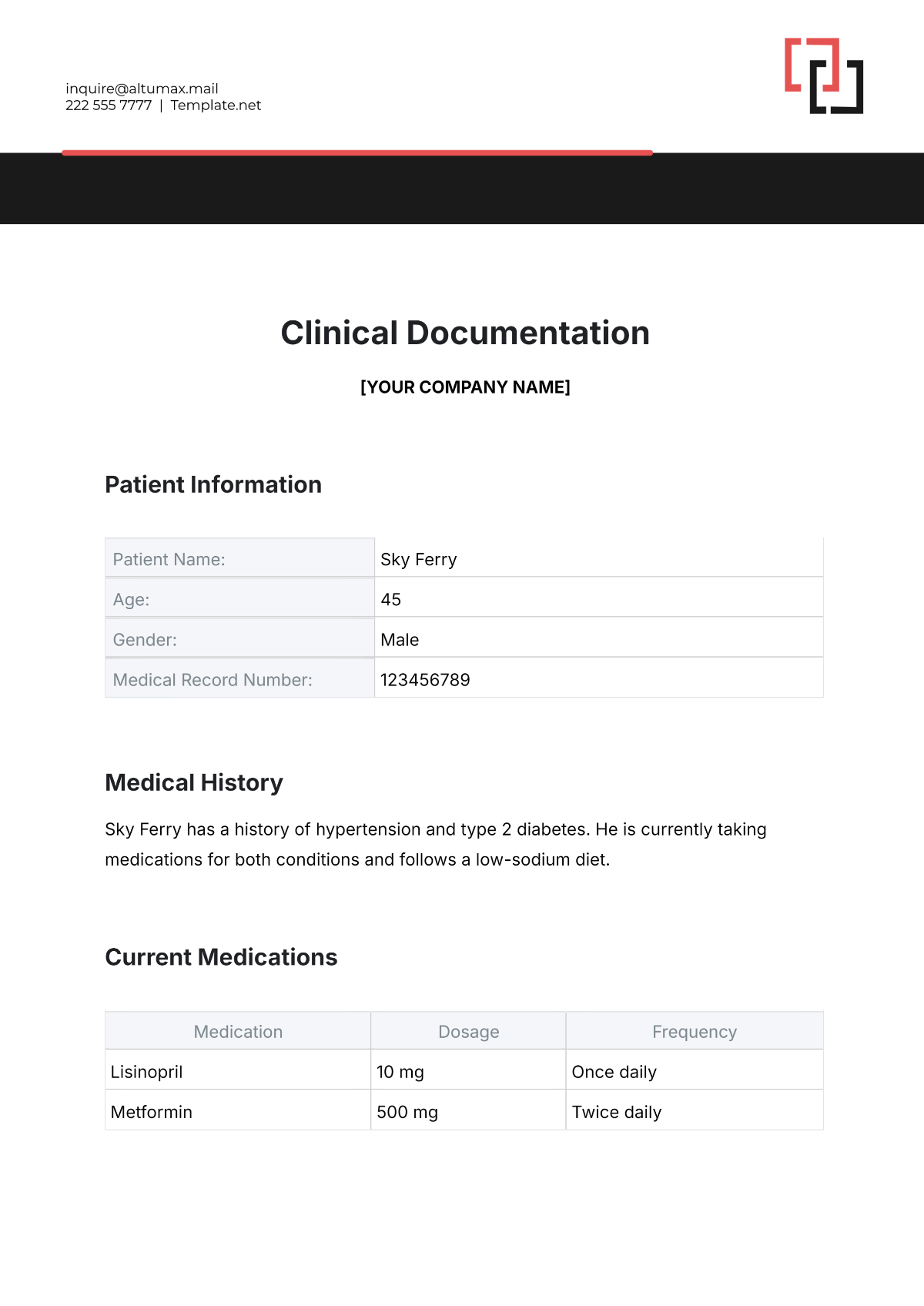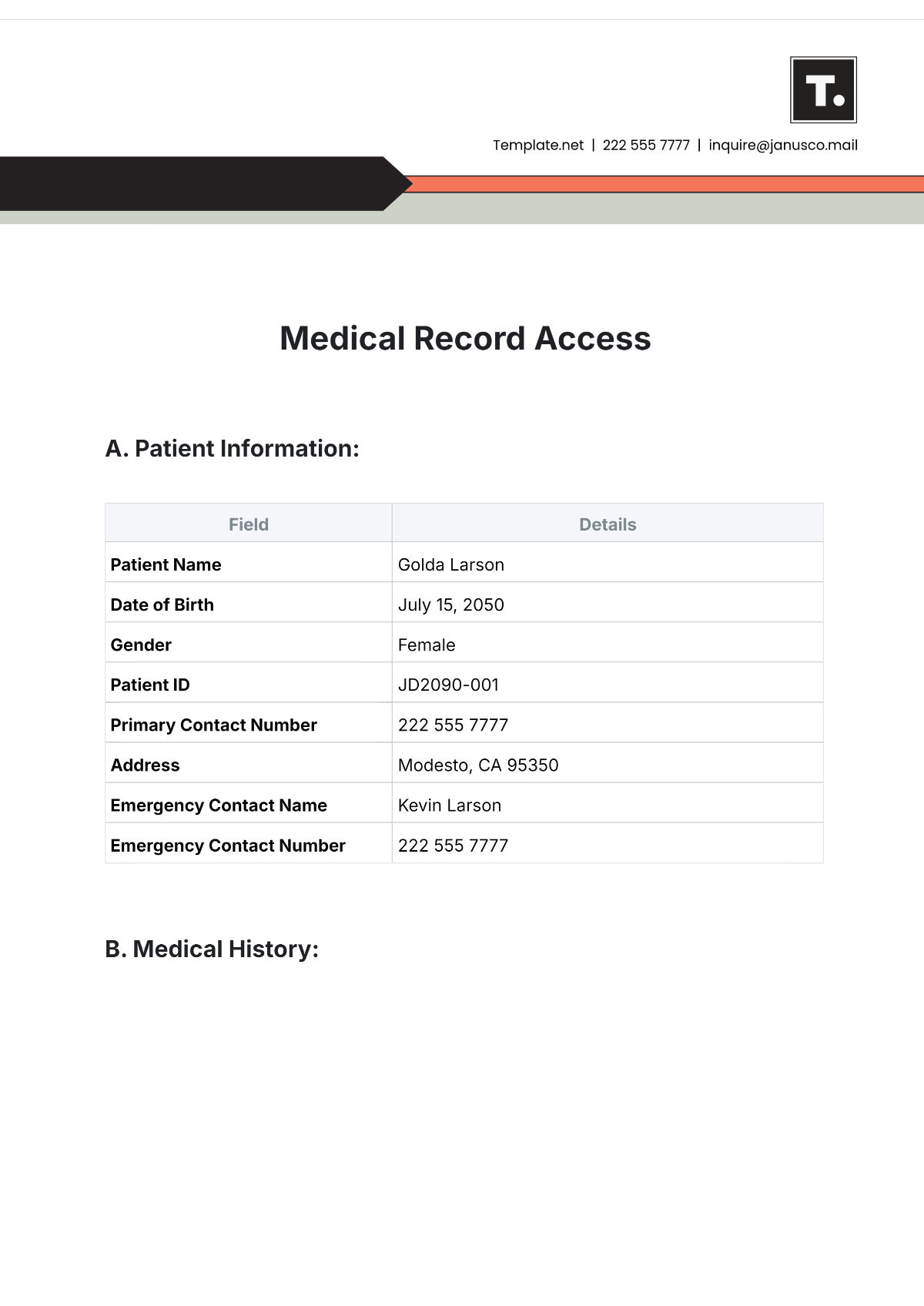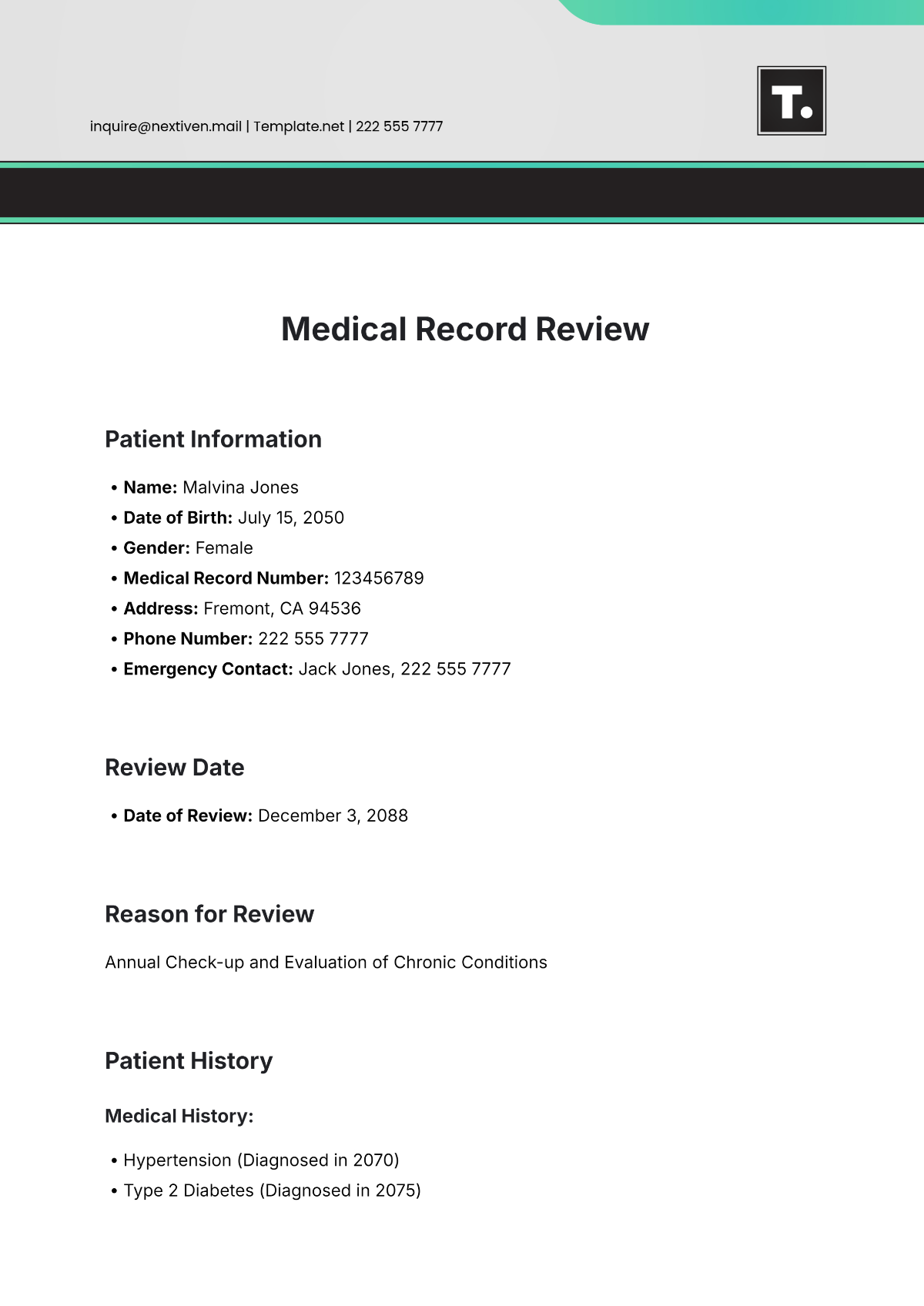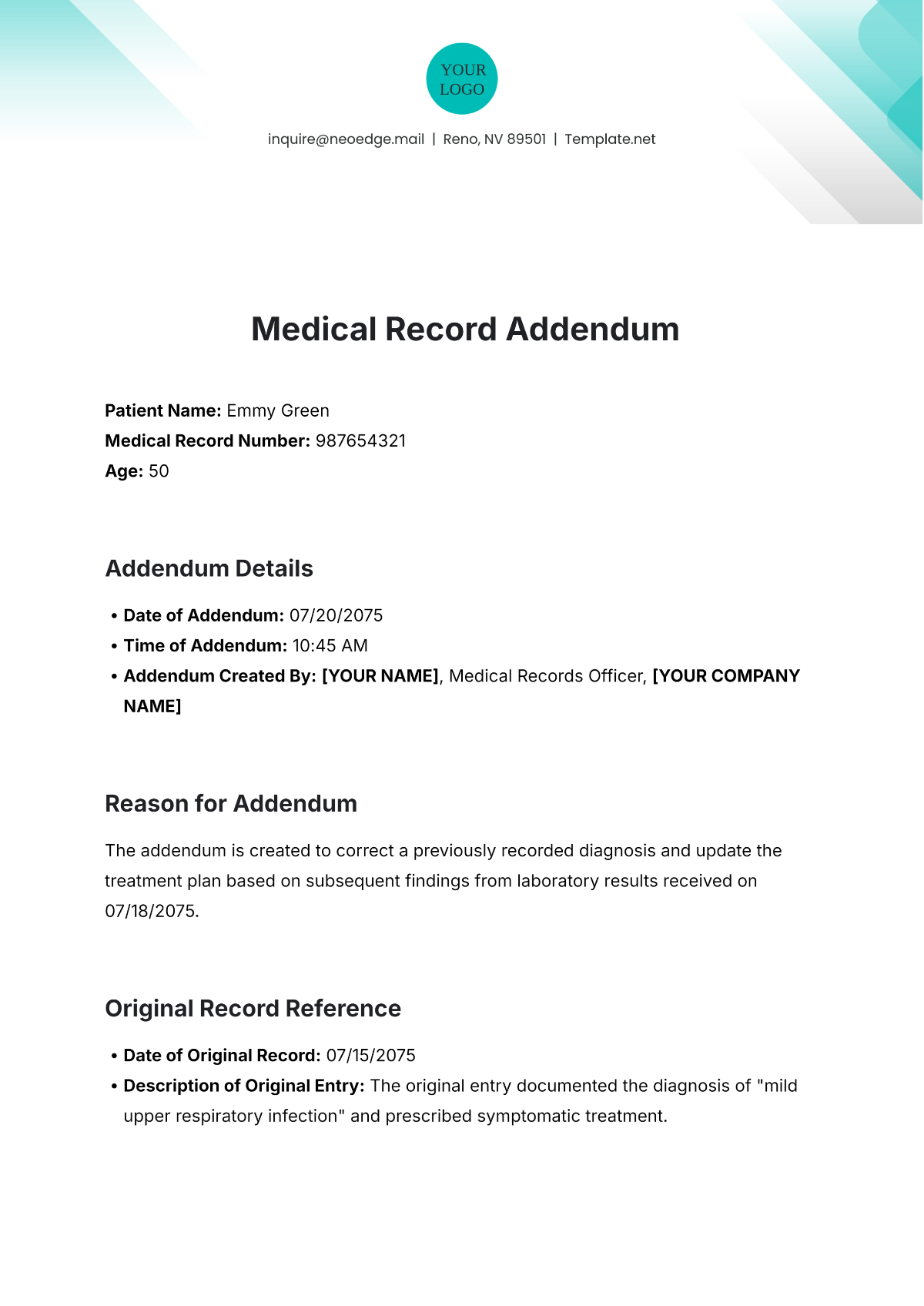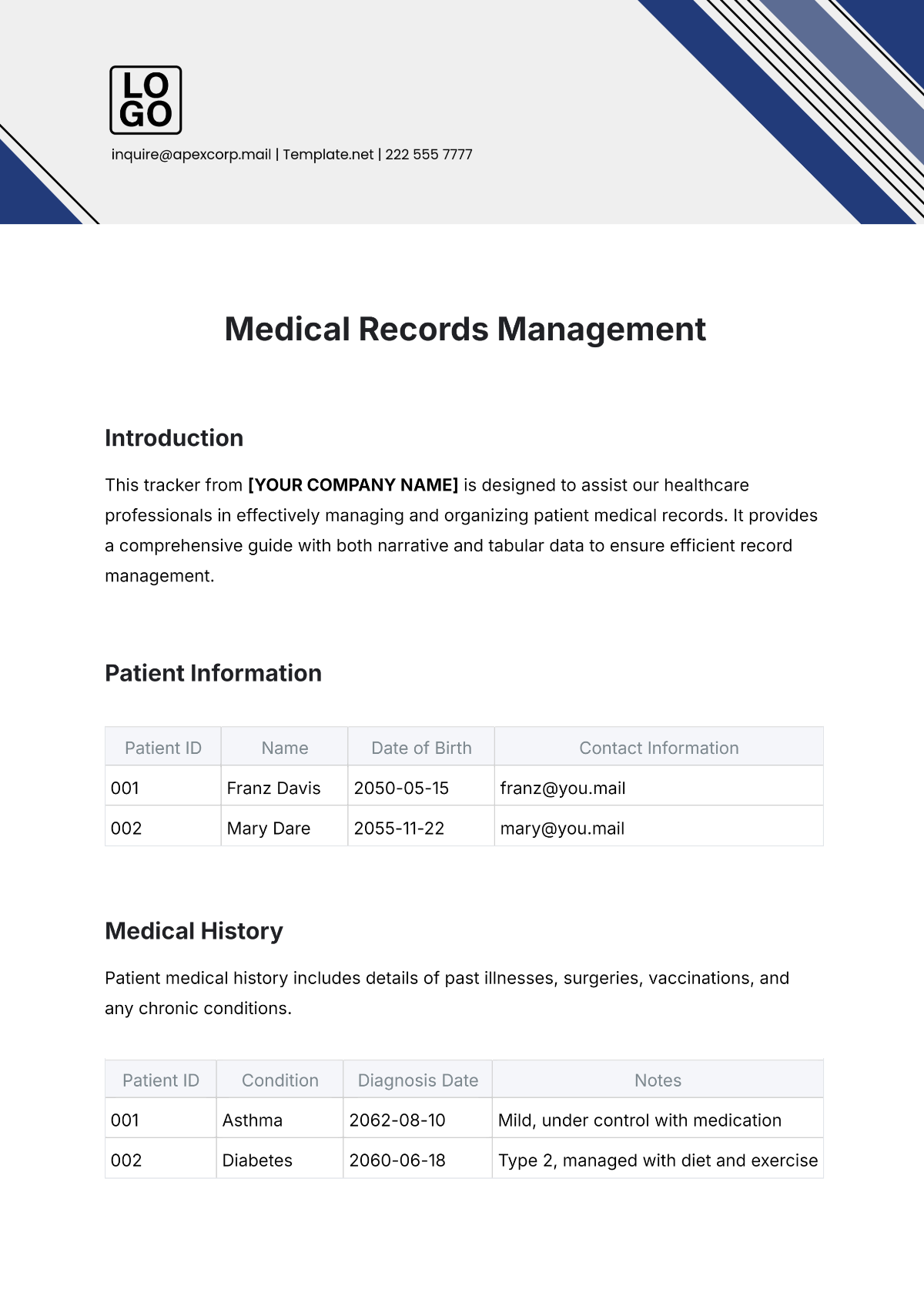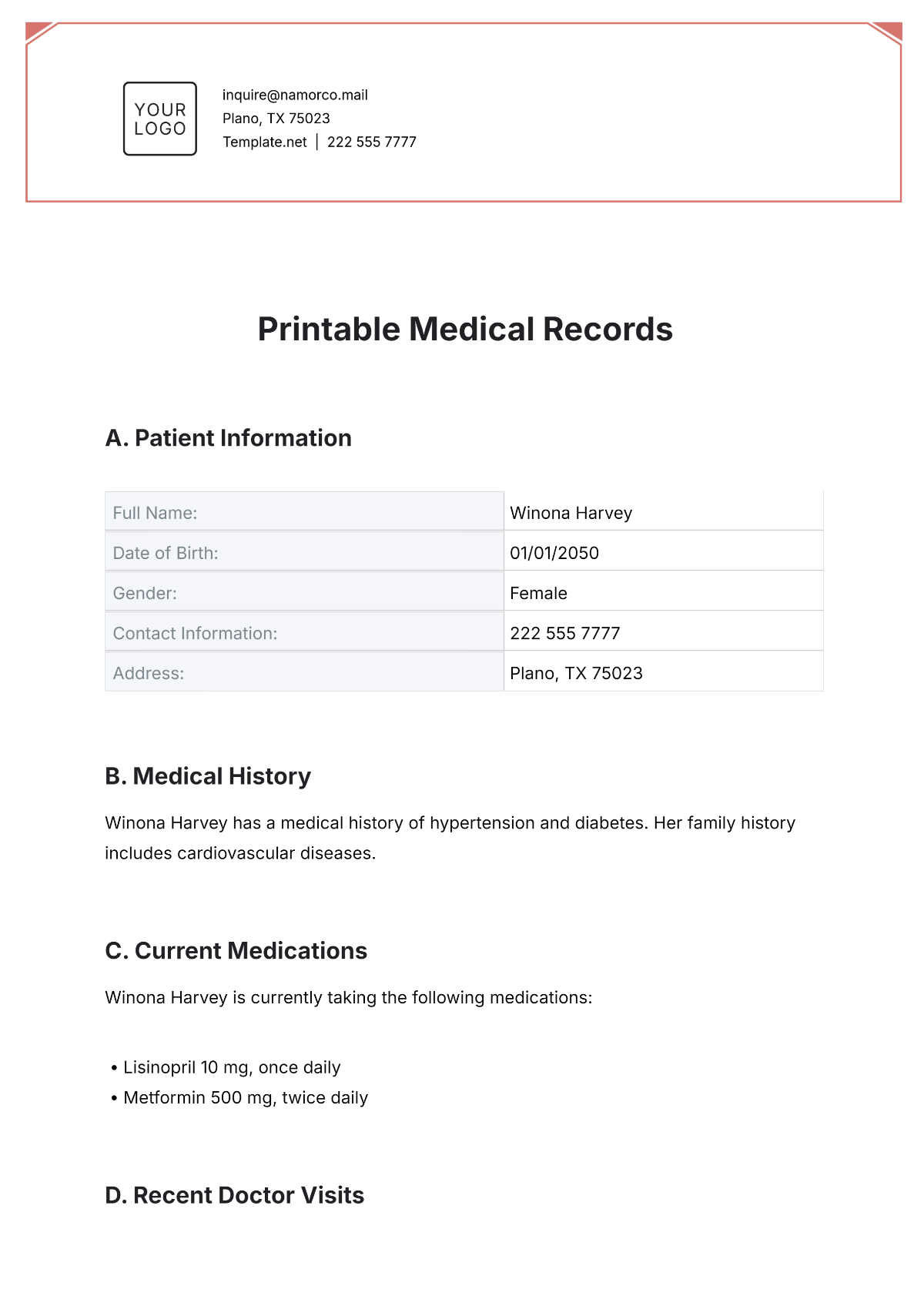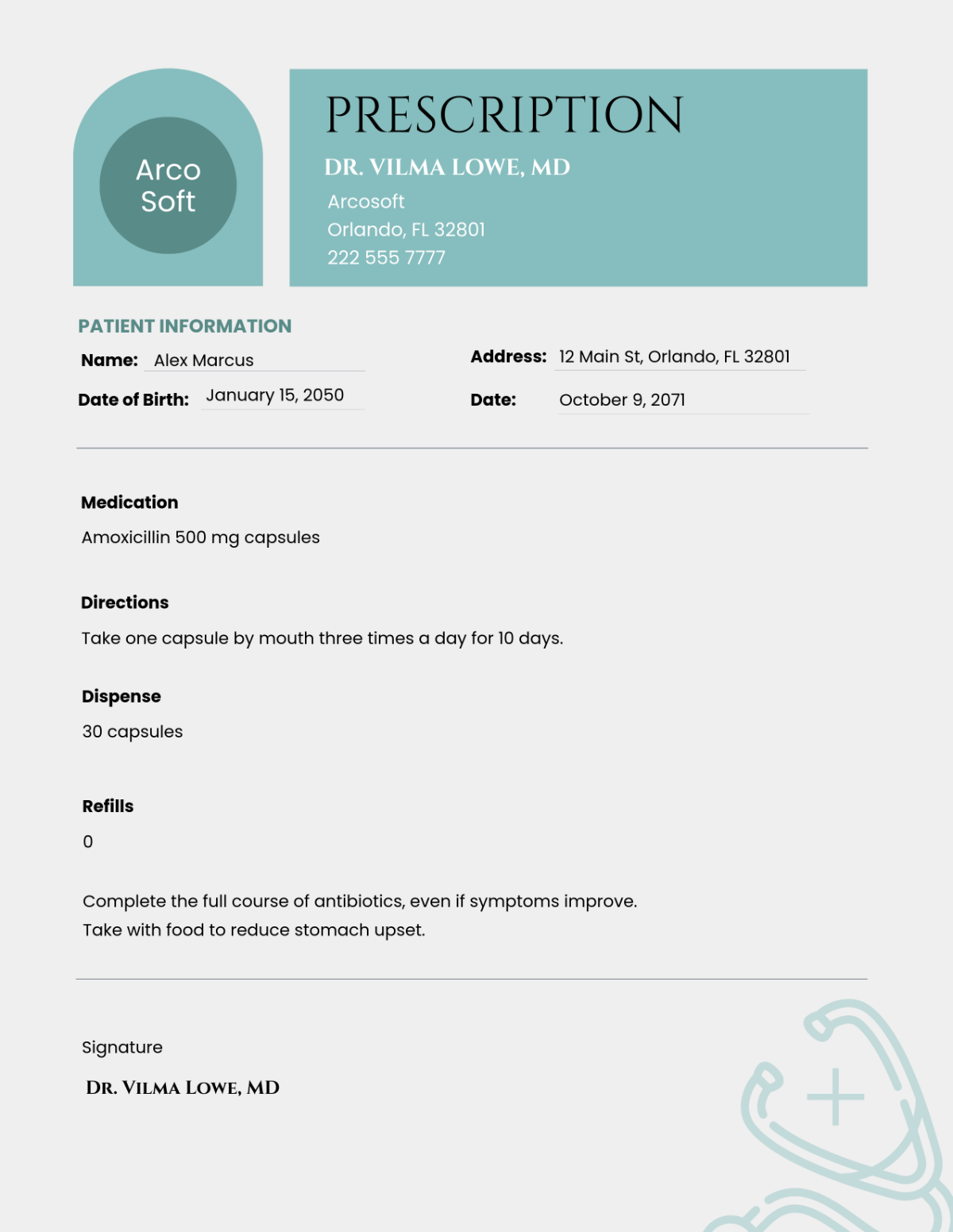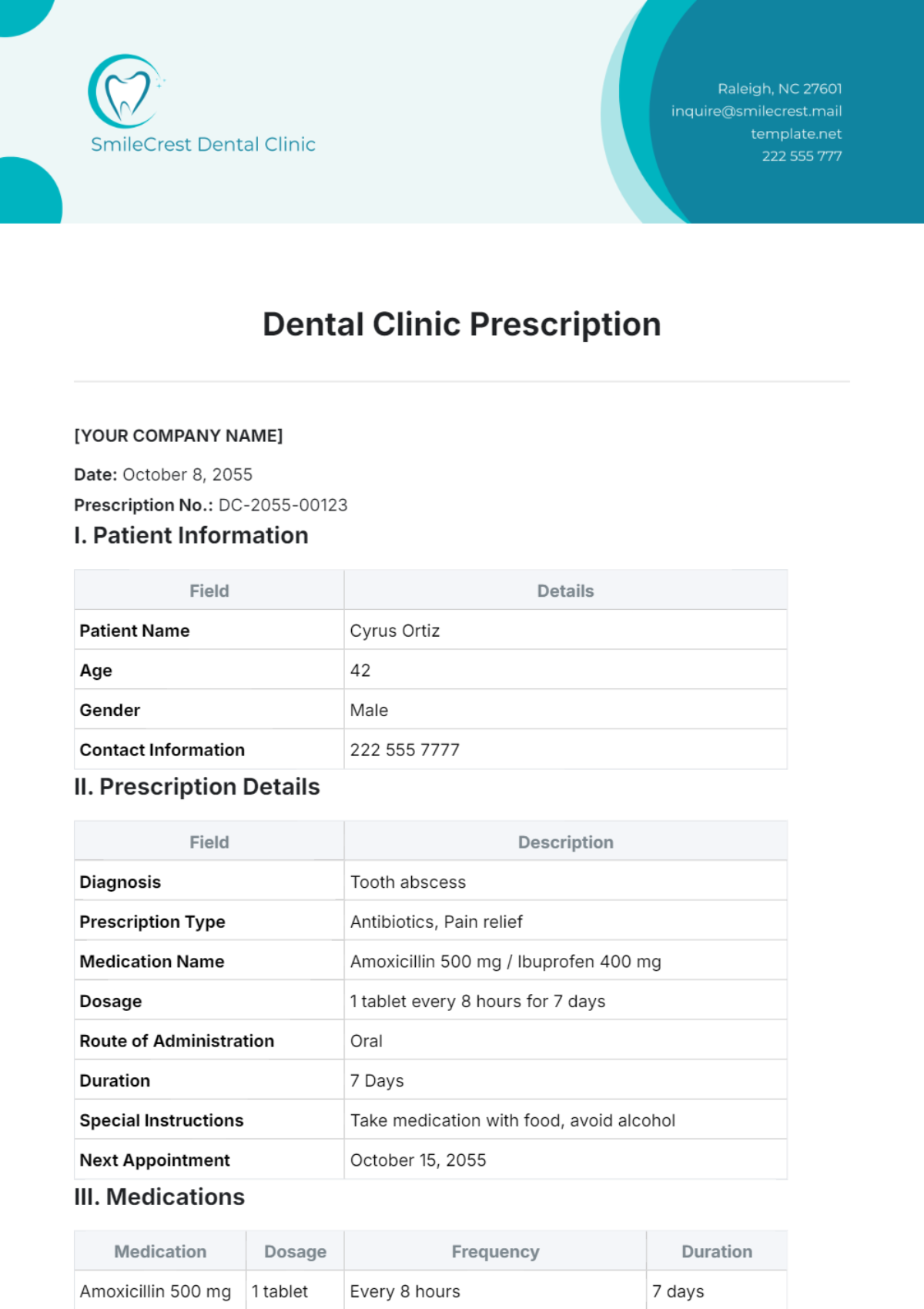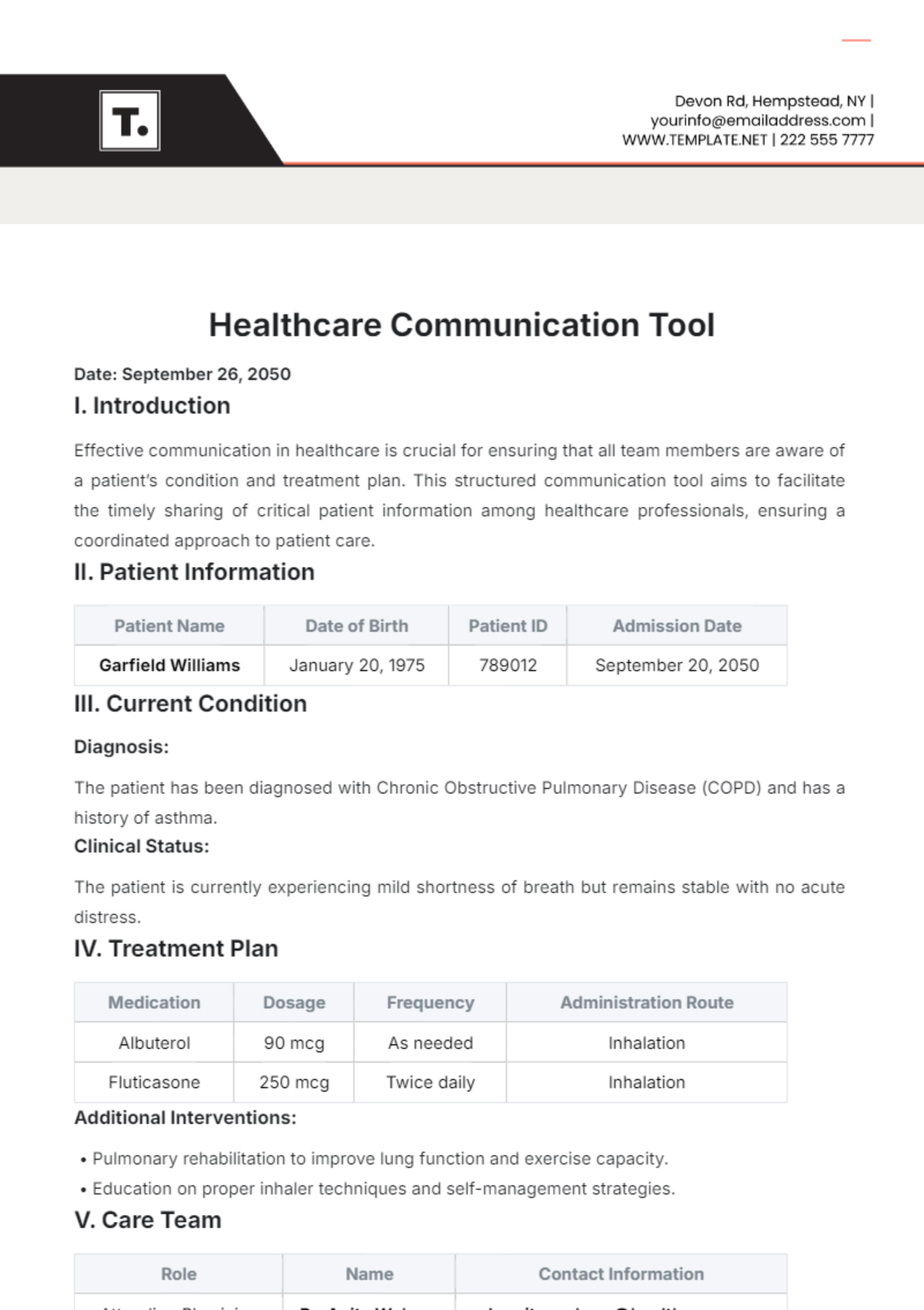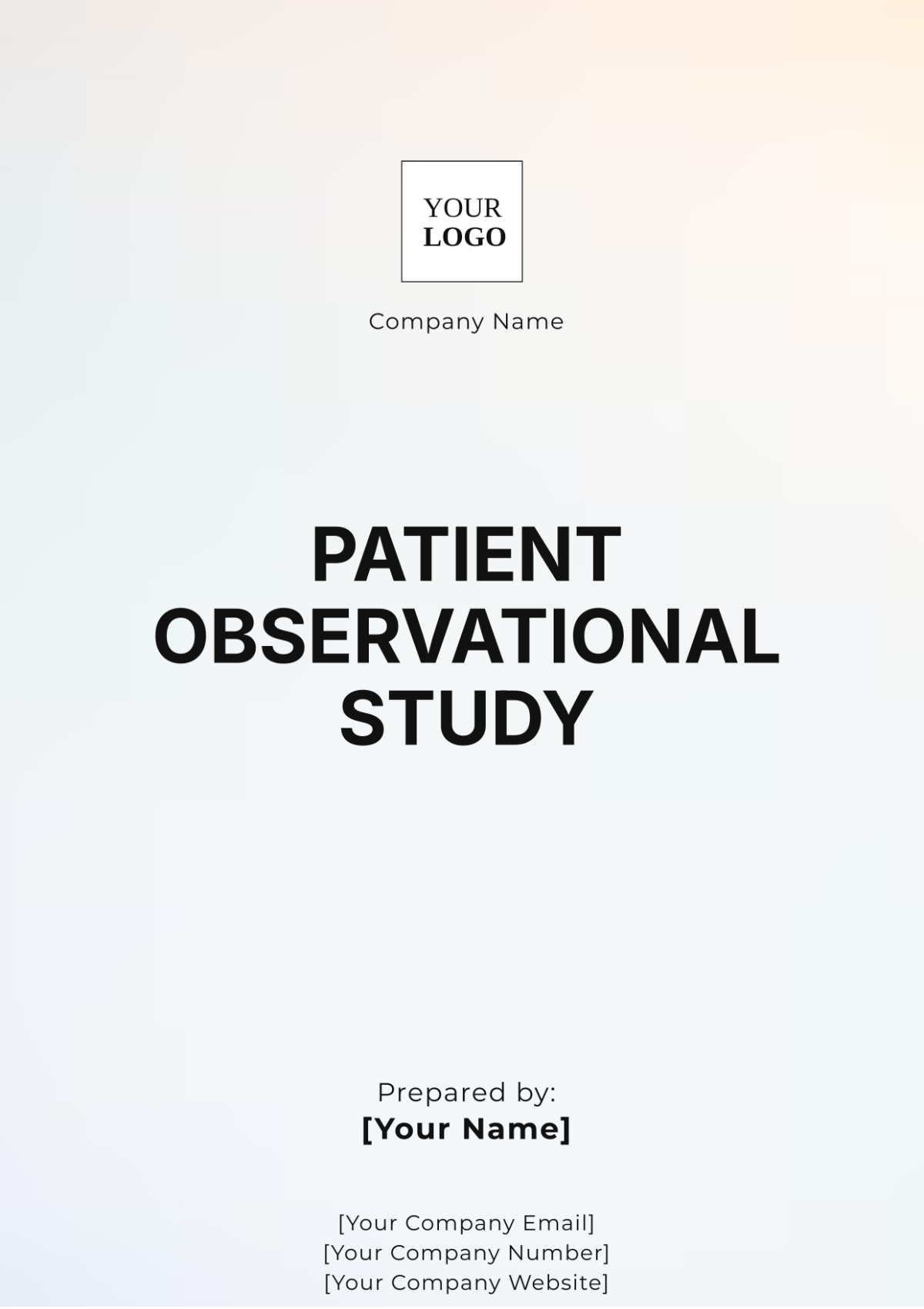Retrospective Observational Study
Prepared by: [Your Name]
Date: [Date]
1. Introduction
1.1 Background
Cardiovascular diseases (CVD) continue to be a leading cause of death globally, even in 2050, with smoking remaining a significant risk factor. Despite advances in public health and medical technology, smoking persists as a major contributor to cardiovascular issues. This retrospective observational study investigates the long-term effects of smoking on cardiovascular disease by analyzing historical health data from 2050 to 2075.
1.2 Objective
The primary objective of this study is to:
Examine the relationship between the duration and intensity of smoking and the development of cardiovascular disease.
Assess the relative risk of CVD among long-term smokers compared to non-smokers.
Provide insights that could influence future public health policies and smoking cessation programs.
2. Methods
2.1 Study Design
This retrospective cohort study uses data collected from 2050 to 2075. It compares health outcomes between two groups: smokers and non-smokers.
2.2 Data Source
The study utilizes data from the Global Health Records Database (GHRD), a large-scale repository containing anonymized health records from over 60 million individuals. This database includes detailed patient demographics, lifestyle factors, smoking history, and medical diagnoses related to cardiovascular health.
2.3 Population
Participants were selected from those aged 35-80 at the start of the observation period. The cohort was divided into two groups:
Smokers: Individuals who had smoked at least one cigarette per day for a minimum of five years.
Non-smokers: Individuals with no history of smoking.
Sample Size
A total of 14,000 participants were included:
7,000 Smokers
7,000 Non-smokers
2.4 Inclusion Criteria
Adults aged 35-80
Comprehensive health records from 2050 to 2075
Documented smoking history and cardiovascular disease diagnoses
2.5 Exclusion Criteria
Pre-existing cardiovascular disease prior to 2050
Incomplete or inconsistent medical records
2.6 Data Collection
Data variables analyzed include:
Age at the start of the study
Duration of smoking (in years)
Daily cigarette consumption
Type of cardiovascular disease (CVD) and year of diagnosis
Presence of other risk factors such as hypertension, diabetes, and obesity
3. Results
3.1 Baseline Characteristics
The following table summarizes the baseline characteristics of the study participants:
Variable | Smokers (n=7,000) | Non-Smokers (n=7,000) |
|---|---|---|
Mean Age (years) | 54 | 56 |
Male (%) | 59 | 58 |
Hypertension (%) | 34 | 30 |
Diabetes (%) | 19 | 13 |
3.2 Cardiovascular Disease Incidence
A total of 2,800 cases of cardiovascular disease were reported, distributed as follows:
Group | Cases of CVD | Incidence Rate (%) |
|---|---|---|
Smokers | 1,960 | 28.0 |
Non-Smokers | 840 | 12.0 |
3.3 Smoking and CVD Risk
The study found a strong correlation between smoking and cardiovascular disease risk, with increased risk associated with longer smoking duration and higher cigarette consumption.
A. Smoking Duration and CVD Risk
Smoking Duration (years) | CVD Risk (%) |
|---|---|
5-10 years | 13 |
11-20 years | 22 |
21+ years | 37 |
B. Cigarettes Per Day and CVD Risk
Cigarettes Per Day | CVD Risk (%) |
|---|---|
1-5 | 11 |
6-15 | 21 |
16+ | 36 |
3.4 Other Risk Factors
Additional factors also influenced CVD risk:
Hypertension: Smokers with hypertension had a CVD risk of 42%, compared to 17% in hypertensive non-smokers.
Diabetes: Diabetic smokers showed a CVD risk of 47%, highlighting the increased risk when combined with smoking.
4. Discussion
4.1 Interpretation of Results
This study confirms a significant association between long-term smoking and cardiovascular disease. Smokers were found to be more than twice as likely to develop CVD compared to non-smokers, with risk increasing with both the duration of smoking and daily cigarette consumption.
4.2 Comparison with Existing Literature
Our findings align with earlier research indicating smoking as a primary risk factor for cardiovascular diseases. The extended timeframe of this study and the use of advanced health data analytics provide a more detailed understanding of the risks associated with smoking.
4.3 Implications for Public Health
The study underscores the need for continued and enhanced public health efforts aimed at reducing smoking rates. Emphasis should be placed on comprehensive smoking cessation programs and public health campaigns to mitigate the long-term health impacts of smoking.
4.4 Limitations
Retrospective Design: This observational study cannot establish causality.
Data Accuracy: Historical health records may have limitations due to inaccuracies or incomplete data.
Unmeasured Confounders: Factors such as diet and physical activity, which may impact cardiovascular health, were not accounted for.
5. Conclusion
5.1 Key Findings
The retrospective observational study clearly shows that long-term smoking is strongly associated with an increased risk of developing cardiovascular disease. Smokers, particularly those with prolonged and intense smoking habits, face a significantly higher risk of CVD compared to non-smokers.
5.2 Recommendations
For Individuals: Smokers should seek early cessation to reduce their cardiovascular risk.
For Public Health Authorities: Enhanced tobacco control policies and smoking cessation programs are crucial. Special attention should be given to populations with multiple risk factors.
5.3 Future Research
Prospective studies are needed to further explore the biological mechanisms connecting smoking to cardiovascular disease. Additionally, evaluating the long-term benefits of smoking cessation on cardiovascular health remains an important area for future research.
6. References
Green, J., et al. (2052). "Long-Term Effects of Smoking on Cardiovascular Health: A Comprehensive Study." Journal of Advanced Cardiology, 30(2), 145-162.
Taylor, L., & Smith, M. (2054). "Evaluating Smoking Cessation and Cardiovascular Risk Reduction." Global Health Perspectives, 40(1), 102-115.
World Health Organization (2051). "Global Tobacco Control Report 2050: A Focus on Non-Communicable Diseases." WHO Publications.



